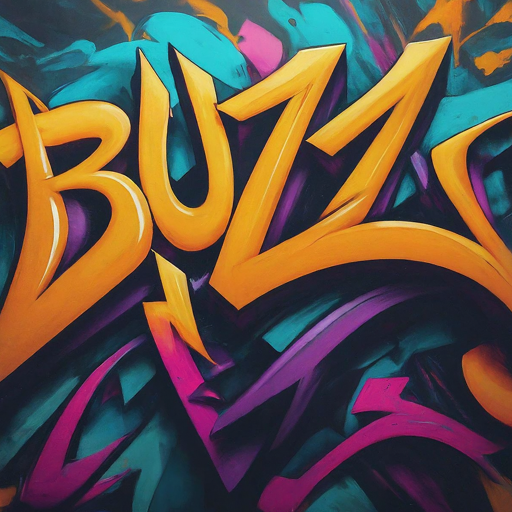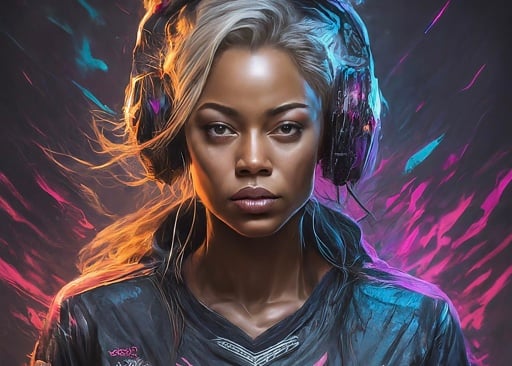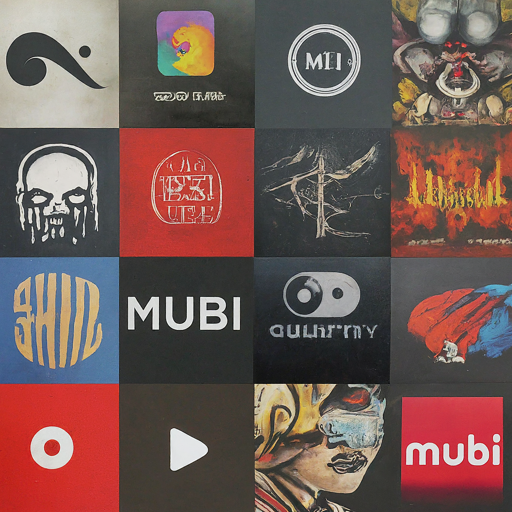Discover how social media is revolutionizing the way we consume entertainment and connect with fellow fans.
The Rise of Fan Communities on Social Media
Social media platforms like TikTok and Discord have transformed the way fans interact with content and with each other. These platforms have become virtual gathering places for fans to discuss their favorite shows, movies, books, and games. Fan communities have flourished on social media, creating spaces where enthusiasts can connect, share their love for a particular fandom, and engage in meaningful conversations.
One of the key aspects of fan communities on social media is the sense of belonging and camaraderie they provide. Fans can find like-minded individuals who share their passion, creating a supportive and inclusive environment. This has led to the formation of tight-knit communities, where fans can express themselves freely and find acceptance.
Moreover, social media has made it easier for fans to discover new content and expand their interests. Through platforms like Twitter and Instagram, fans can follow their favorite creators, actors, or authors and stay updated on their latest projects. They can also explore new fandoms and engage with diverse content, broadening their horizons and fostering a sense of exploration and discovery.
In addition, social media has enabled fans to actively participate in shaping the narrative and direction of their favorite franchises. Platforms like Tumblr and Reddit have become hubs for fan theories, speculation, and discussions. Fans can analyze and interpret the content they love, creating their own narratives and interpretations. This active engagement with the source material has given rise to a new level of fan creativity and involvement.
Exploring Trends and Influences in Fan Culture
The rise of social media has also had a significant impact on fan culture trends such as cosplay and fan art. Platforms like Instagram and TikTok have become popular spaces for fans to showcase their creative talents and express their love for their favorite characters and stories through visual mediums.
Cosplay, which involves dressing up as fictional characters, has gained immense popularity on social media. Fans now have platforms to share their elaborate costumes, makeup techniques, and even tutorials. This has led to the growth of cosplay communities, where fans can connect, learn from each other, and collaborate on projects.
Fan art, too, has thrived on social media. Artists can now easily share their creations and gain recognition from a wide audience. Social media platforms have become virtual galleries, allowing fans to appreciate and support artists' work. This has not only given artists a platform to showcase their talent but has also contributed to the growth of fan culture as a whole.
Furthermore, social media trends and challenges often have a direct influence on fan culture. Hashtags and viral challenges can shape the way fans engage with content, creating new forms of fan expression and interaction. These trends can also influence the direction of storytelling and character development, as creators and studios take note of fan feedback and preferences.
The Power of User-generated Content in Entertainment
Social media has empowered fans to become content creators themselves. Platforms like YouTube and TikTok allow fans to produce and share their own videos, showcasing their talents, opinions, and fan theories. This user-generated content has become an integral part of the entertainment industry and has given rise to a new wave of creativity and fan-driven storytelling.
User-generated content not only provides fans with a platform to express themselves but also offers a unique perspective on the content they love. Fan theories, analysis, and even fanfiction can add depth and richness to the overall fandom experience. Creators and studios often take note of fan-generated content, incorporating popular theories and ideas into their official canon.
Moreover, user-generated content has the power to amplify underrepresented voices and perspectives. Social media platforms have given marginalized fans a platform to share their experiences and narratives, creating a more inclusive and diverse fan culture. This has led to meaningful conversations and a greater understanding of different perspectives within fan communities.
The influence of user-generated content on entertainment consumption cannot be underestimated. Fans now have the ability to shape and contribute to the content they consume, blurring the lines between creators and consumers.
Social Media as a Platform for Celebrity Engagement
Social media has revolutionized the way fans engage with celebrities. Platforms like Twitter and Instagram have provided fans with direct access to their favorite actors, musicians, and creators. Celebrities can now interact with their fans on a more personal level, sharing behind-the-scenes moments, insights into their work, and even responding to fan messages and comments.
This direct engagement has created a sense of intimacy and connection between fans and celebrities. Fans can feel a closer bond with their favorite stars and have a platform to express their appreciation and support. Celebrities, in turn, can cultivate dedicated fan bases and build a loyal following.
Moreover, social media has given rise to a new breed of influencers and online celebrities. These individuals, often fans themselves, have gained popularity through their content and engagement with their followers. They have become influential figures within fan communities and have the power to shape trends and opinions.
Additionally, social media has provided a platform for celebrities to address social and political issues, using their influence to raise awareness and initiate change. They can leverage their large following to support causes they believe in, creating a ripple effect within fan communities and beyond.
The Future of Entertainment Consumption in the Age of Social Media
As social media continues to evolve, so does the way we consume entertainment. The future of entertainment consumption lies in the integration of social media platforms with traditional media channels. Streaming services like Netflix and Disney+ have already embraced this trend by incorporating social features that allow users to share and discuss content within the platform.
Furthermore, the rise of live-streaming platforms like Twitch has changed the way fans engage with gaming and esports. Fans can now watch their favorite gamers in real-time, interact with them through chat features, and even participate in live tournaments. This interactive and immersive experience has transformed the gaming landscape and has become a major part of entertainment consumption.
In addition, social media algorithms and personalized recommendations are shaping the way we discover and consume content. Platforms like YouTube and TikTok use sophisticated algorithms to curate content based on user preferences and behavior. This has led to a more personalized and tailored entertainment experience, where users are exposed to content that aligns with their interests.
The future of entertainment consumption also lies in the integration of augmented reality (AR) and virtual reality (VR) technologies with social media platforms. These technologies have the potential to create immersive and interactive experiences, allowing fans to step into the worlds of their favorite franchises and connect with other fans in virtual spaces.
In conclusion, social media has had a profound impact on entertainment consumption. It has transformed fan communities, influenced trends in fan culture, empowered fans as content creators, revolutionized celebrity engagement, and is shaping the future of entertainment consumption. As social media continues to evolve, it will undoubtedly continue to revolutionize the way we consume and engage with entertainment.




